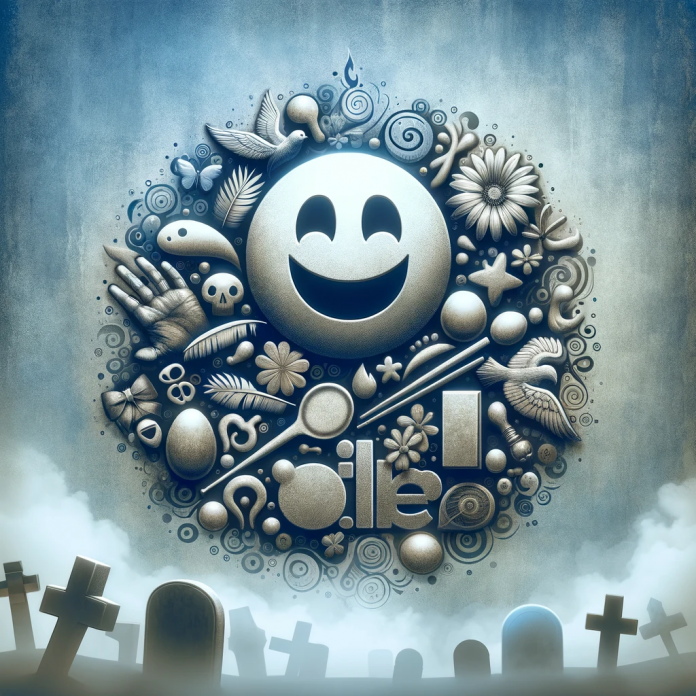Humor is a universal language that transcends cultural, social, and personal boundaries. It has the unique ability to lighten the mood, bring people together, and provide relief in times of distress. This article explores the role of humor in grieving and memorials, a topic that may seem paradoxical at first, but is deeply rooted in human psychology and social behavior.
Understanding Grief and the Healing Process
Grief is a complex emotion that arises from the loss of a loved one. It is a deeply personal and unique experience that varies from person to person. The healing process is equally complex and involves navigating through a myriad of emotions, including sadness, anger, guilt, and despair.
Humor plays a significant role in this healing process. It provides a much-needed respite from the overwhelming emotions associated with grief. It allows individuals to express their feelings in a non-threatening and socially acceptable manner. Moreover, humor can help to reframe the loss in a more positive light, enabling individuals to remember their loved ones in a joyful and uplifting way.
The Psychology of Humor in Grief
From a psychological perspective, humor serves as a coping mechanism in times of stress and adversity. It helps to alleviate emotional distress by triggering the release of endorphins, the body's natural feel-good chemicals. This can create a sense of well-being and happiness, even in the face of grief.
Moreover, humor can facilitate cognitive restructuring, a process by which individuals reframe negative or distressing thoughts in a more positive or adaptive way. By finding humor in the situation, individuals can shift their focus from the loss to the positive memories and experiences shared with the deceased.
The Social Aspect of Humor in Grief
Humor also plays a crucial role in the social aspect of grief. It can bring people together, fostering a sense of community and shared experience. This can be particularly beneficial during memorials, where humor can help to break the ice and encourage open and honest communication about the deceased.
Furthermore, humor can serve as a form of social support, providing comfort and reassurance to those who are grieving. By sharing a laugh or a funny memory, individuals can feel more connected and less isolated in their grief.
Humor in Memorials
Memorials are an important part of the grieving process. They provide a space for individuals to come together, share their grief, and celebrate the life of the deceased. Humor can play a vital role in these ceremonies, adding a touch of lightness and joy to an otherwise somber event.
Humorous anecdotes, jokes, or stories about the deceased can help to bring their personality to life, allowing attendees to remember them in a positive and uplifting way. Moreover, humor can help to ease the tension and discomfort that often accompanies these events, making it easier for individuals to express their feelings and connect with others.
How to Incorporate Humor into Memorials
While the idea of incorporating humor into memorials may seem daunting, it can be done in a respectful and sensitive manner. One way to do this is by sharing funny stories or anecdotes about the deceased. This can help to highlight their unique personality and the joy they brought to others' lives.
Another approach is to include humorous elements in the memorial service itself. This could be in the form of a funny poem, song, or even a comedic performance. However, it's important to ensure that these elements are appropriate and respectful, and that they align with the wishes and values of the deceased and their family.
Respecting Cultural and Personal Differences
It's important to note that humor in grieving and memorials may not be appropriate or comfortable for everyone. Cultural, personal, and religious beliefs can greatly influence how individuals perceive and respond to humor in these contexts.
Therefore, it's crucial to be sensitive to these differences and to respect each individual's grieving process. If in doubt, it's always best to err on the side of caution and to seek guidance from a trusted source, such as a grief counselor or a cultural advisor.
Conclusion
In conclusion, humor plays a significant role in grieving and memorials. It serves as a coping mechanism, a social bonding tool, and a way to remember the deceased in a positive light. While it may not be suitable for everyone, when used appropriately and respectfully, humor can provide comfort, connection, and even healing in the face of loss.


-banner.png)





